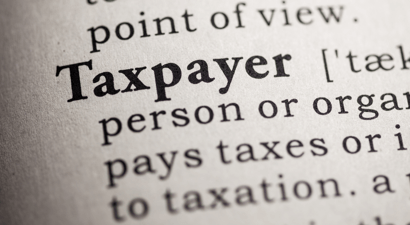Importance of taxpayers seeking tax advice
The Western Cape High Court recently highlighted the importance of taxpayers seeking tax advice. In the case between Kangra Group (Pty) Ltd v CSARS, the court was required to decide whether a payment of R90 million (which was made in 2007) was deductible in the 2007 year of assessment in terms of the general deduction formula. In addition to the disallowance of the income tax deduction, SARS also imposed interest in terms of the provisions of the Income Tax Act that applied at the time. It is this latter issue that this article will be addressing.
Although Kangra had claimed the R90 million expenditure as a deduction in the 2007 year of assessment, after having obtained legal advice on the deductibility of the expenditure in question, SARS raised an assessment in 2012 on the basis that the R90 million expenditure was not deductible. Due to the considerable passing of time, an interest charge of considerable magnitude arose. The Court did not quantify the amount, but noted that it was not an insignificant figure.
The Income Tax Act, at the time, provided that SARS must remit the interest if SARS is satisfied that the taxpayer acted on reasonable grounds. On this point, the Court, after considering two previous judgments, held that “reliance on incorrect professional advice is not a bar to claiming a remittance of interest. What matters only is whether such advice was sought by the taxpayer.” Hence, what is important is the fact that the taxpayer took such professional advice and was therefore found to have behaved reasonably in the circumstances.
Although the provisions that provided for the remission of interest in this case have since been repealed and replaced, the Tax Administration Act (the “Act”) still provides relief today to taxpayers who obtain professional tax advice. This is due to the penalty provisions being structured in such way that excludes the imposition of a penalty where a taxpayer acts reasonably. The Act further provides that SARS is obliged to remit an understatement penalty in its entirety where a taxpayer can inter alia objectively show that it had obtained an opinion from a tax practitioner that, on the full disclosure of the facts, its tax position was justified. This relief from understatement penalties is substantial, particularly when one considers the fact that such penalties can be levied at up to 150%.
In conclusion, despite the changes in the provisions of the Income Tax Act, this case is a reminder of the importance in obtaining professional tax advice. Since the Courts have held that obtaining professional tax advice, and acting in accordance therewith, constitutes reasonable behaviour, obtaining tax advice provides taxpayers with protection from the imposition of certain penalties should a dispute arise in future.





